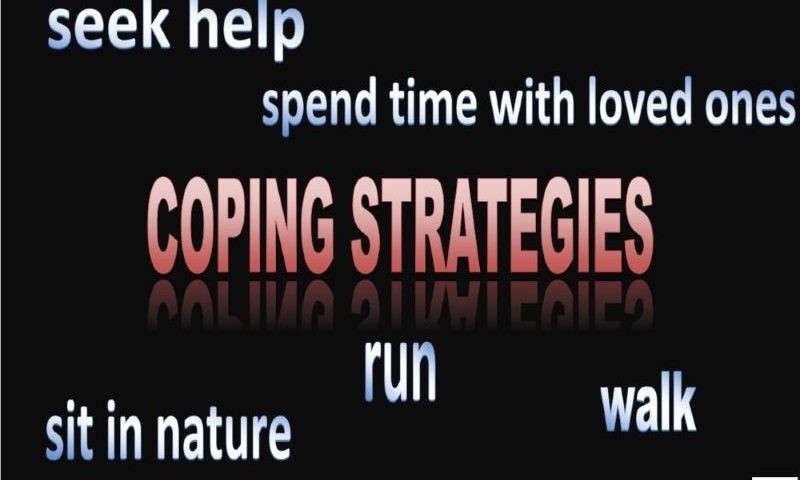
Coping Strategies
January 3, 2021
What is coping?
Coping is a conscious effort to solve personal and interpersonal problems. Coping strategies help us to master, minimize, or tolerate stress. It also helps in case of conflicts. Coping refers to strategies needed for survival and adaptation.
How we respond to stressors
When faced with stressful situations, we respond to the stressor in different ways. Sometimes consciously and at other times, unconsciously. These two ways of responding to a stressor differ. One is coping, while the other is defense. Let us differentiate between coping and defense mechanism.
Differences between coping strategies and defense mechanism
Coping strategies |
Defense mechanism |
|
| Internal or external | helps manage external situations that are causing stress | are internal and can change your psychological state |
| Conscious or unconscious | requires conscious effort and is on a conscious level | unconscious and involuntary |
| Choice | voluntary and purposeful, so you get to choose which to apply in a given situation | involuntary responses, and people are generally unaware of using them |
| Recognition and control of process | decide when and how to use coping strategies | it may take a long time or help from someone else to recognize when their defense mechanisms kick in |
Read Also:
Words Shape The Image We Have of Ourselves
Poor Communication Can Affect Mental Health
Classifying coping strategies
Different scholars have attempted to classify coping strategies in different ways. Some of these include: Weiten classification. The report identifies four types of coping. These include:
- Appraisal-focused (adaptive cognitive)
- Occupation-focused
- Problem-focused
- Emotion-focused
Other classifications that have also been identified by other scholars include the strategies listed below –
- Reactive and proactive coping.
- Adaptive and maladaptive coping.
- Social coping.
- Humour.
- Negative techniques / maladaptive coping.
Despite the many ways of classifying coping strategies, psychologists often lean towards adaptive and maladaptive coping. Adaptive coping is positive and deals with the problem. Maladaptive coping is negative and only provides temporary relief.

Case study
James has a problem at work. He is not meeting his target, and the boss is making things even more difficult for him. James receives sanctions for every little misstep without being allowed to explain himself. He is also not allowed to try other ways based on his initiative and change the strategy needed to get the assigned task done.
Stressor The things tipping James off include his work, his boss, and his feeling of frustration.
Coping: Adaptive
- James talks to a colleague who has been in a similar situation in the past. He gains insight into how his colleague succeeded and uses this to help himself.
- James approaches his boss to see if he could get more time for the job. He also tries to convince the boss to adopt his suggestions to make things work.
- James exercises when he gets home to clear his mind.
Coping: Maladaptive
- James yells at his subordinates and blames them for his problems.
- James takes to drinking after work to calm his nerves.
Effective coping
Effective coping means you understand the stressor, how it makes you feel, and other ways it may be affecting you. With a clear understanding of the situation, you can determine what you can change and what you cannot change. Focus on what you can change. Like James in the case study, you may choose to seek help, engage in activities that will help clear your mind or take to drinking, overeating, or avoidance. Remember, adaptive coping will address the stressor, its effect on you, and how you feel about the stressor. Maladaptive coping will make things look okay for just a little while, but the problem stays unresolved.
